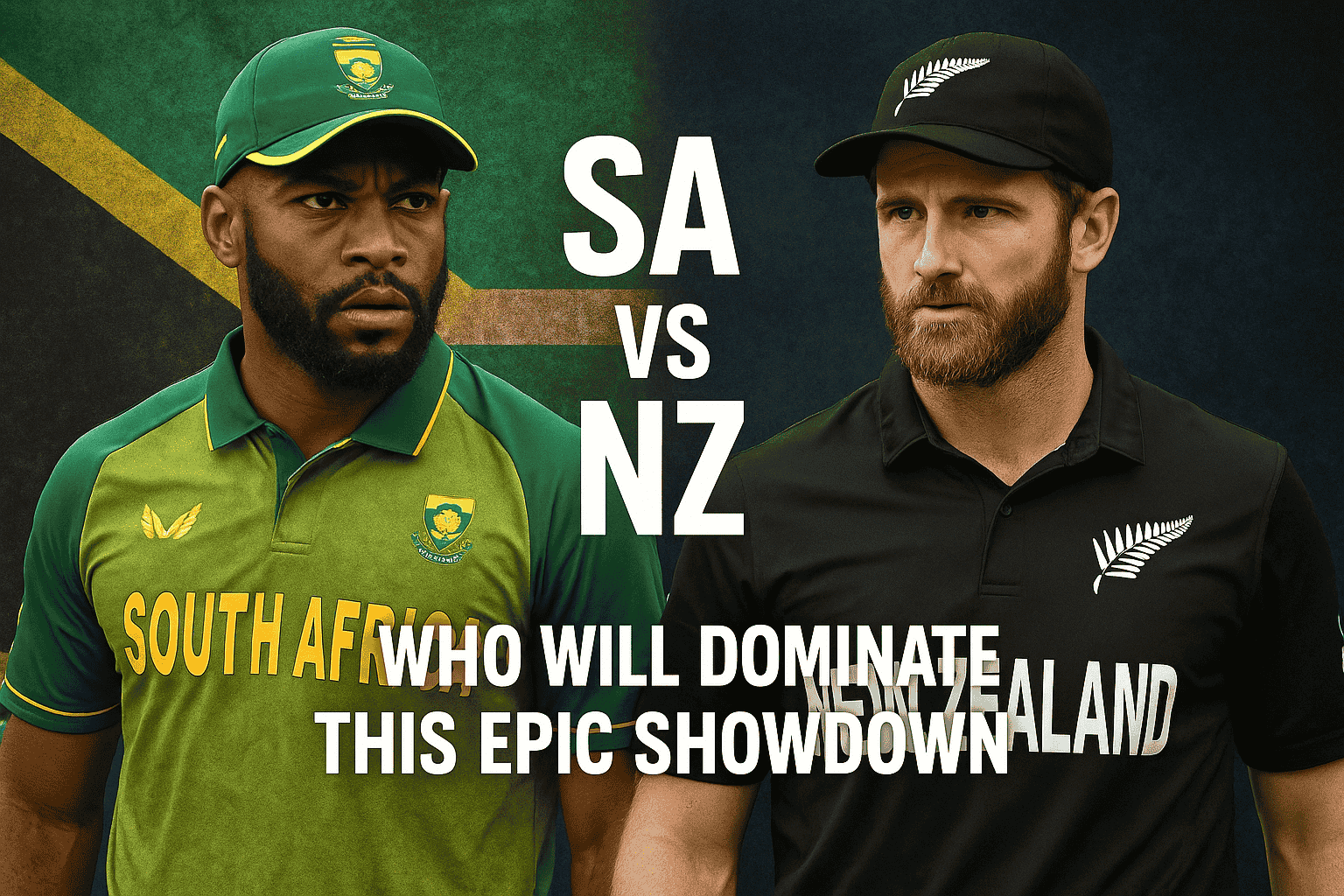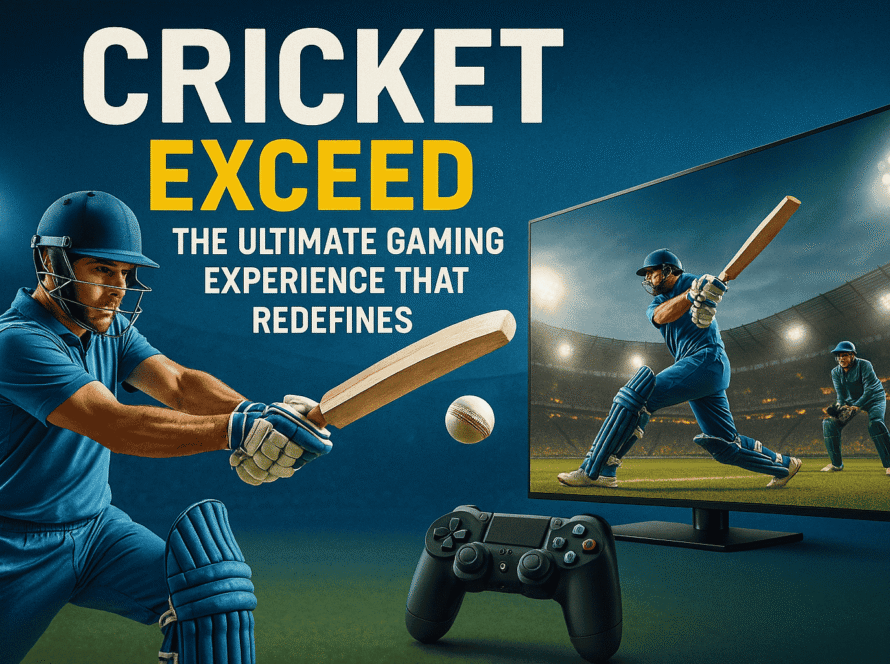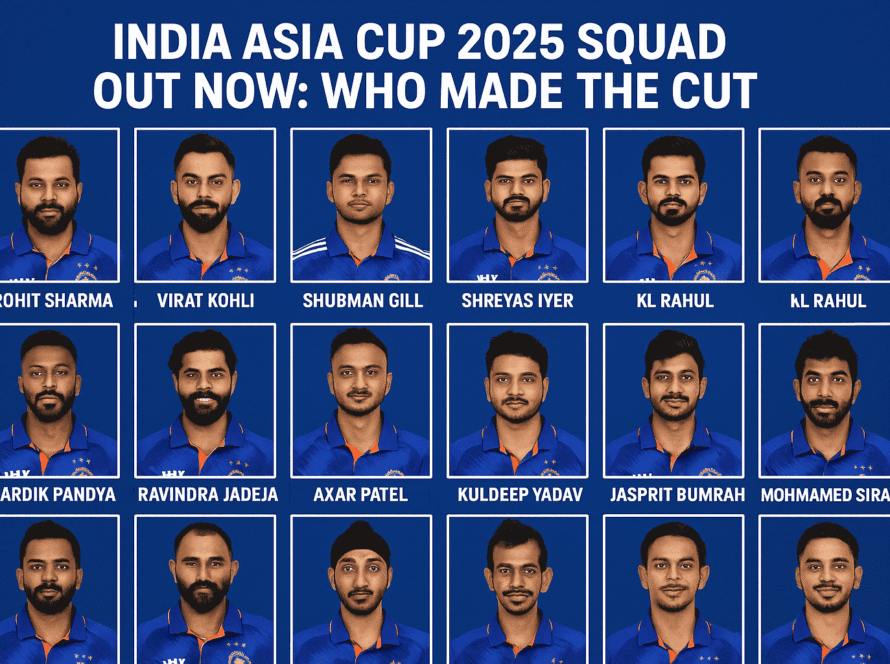The eternal battle between South Africa and New Zealand captivates sports fans worldwide. NZ Vs SA encounters deliver unmatched intensity, skill, and passion that transcends individual matches. These two rugby powerhouses clash with fierce determination, creating moments that define sporting excellence.
The Historical Foundation of Greatness
South Africa and New Zealand share a rugby heritage spanning over a century. Their first official test match occurred in 1921, establishing a rivalry that would shape international rugby. The Springboks and All Blacks have since contested some of rugby’s most memorable encounters.
The apartheid era complicated their relationship significantly. International isolation prevented South Africa from competing against New Zealand for decades. Their reunion in 1992 marked a new chapter. The emotional significance of their renewed rivalry cannot be overstated.
Both nations approach rugby with distinct philosophies. New Zealand emphasizes fluid, attacking play that maximizes ball-in-hand opportunities. South Africa traditionally favors powerful forward play combined with tactical kicking strategies. These contrasting styles create compelling matchups that test different aspects of rugby excellence.
Statistical Dominance and Records
The head-to-head record reveals fascinating patterns. New Zealand holds a slight advantage in overall victories, though margins remain consistently narrow. Recent encounters show how evenly matched these teams truly are.
World Cup performances highlight their mutual strength. Both nations have claimed multiple Rugby World Cup titles. New Zealand secured victories in 1987, 2011, and 2015. South Africa triumphed in 1995, 2007, and 2019. Their World Cup encounters often determine tournament outcomes.
Individual player achievements add another layer to this rivalry. Legendary figures from both nations have shaped rugby history. Dan Carter’s tactical brilliance matched against Fourie du Preez’s leadership. Richie McCaw’s work rate is competing with Schalk Burger’s physicality. These individual battles within the broader contest create unforgettable moments.
Tactical Evolution and Modern Dynamics
Contemporary rugby has transformed significantly since the professional era began. Both teams adapted their approaches while maintaining core identities. New Zealand’s evolution under different coaching regimes shows remarkable consistency. Their ability to develop world-class players across all positions remains unmatched.
South Africa’s transformation journey extends beyond rugby fields. The Springboks represent national unity and hope. Their 2019 World Cup victory demonstrated how sport transcends social barriers. Captain Siya Kolisi’s leadership symbolized progress and inspiration for millions.
The coaching carousel affects both nations differently. New Zealand’s systematic approach ensures smooth transitions between coaching appointments. Their domestic structures consistently produce international-quality players. South Africa’s coaching changes often reflect broader organizational challenges, though their talent pool remains exceptionally deep.
Key Battles That Define Championships
Several encounters stand out as defining moments in this rivalry. The 1995 World Cup final showcased South Africa’s emotional return to international rugby. Nelson Mandela presenting the trophy to Francois Pienaar created an iconic sporting moment.
The 2011 World Cup quarter-final demonstrated New Zealand’s resilience. Trailing South Africa, the All Blacks mounted a comeback that ultimately led to their World Cup triumph. These pressure-cooker moments reveal character and determination.
Recent Test series have maintained this competitive edge. The 2021 encounters showed both teams adapting to post-pandemic rugby realities. New Zealand’s home advantage met South Africa’s physical intensity in brutal contests.
Player Development and Pathways
Both nations excel at developing rugby talent through different methods. New Zealand’s provincial system creates pathways from school rugby to international level. Their emphasis on skills development from a young age produces technically superior players.
South Africa’s transformation initiatives have broadened their talent base significantly. Previously untapped communities now contribute meaningfully to Springbok squads. This diversification strengthens their competitive position while addressing historical inequities.
The overseas player exodus affects both nations, though differently. New Zealand’s strict eligibility rules maintain domestic competition strength. South Africa allows overseas-based players to represent the Springboks, recognizing economic realities while maintaining competitive standards.
Cultural Impact and National Identity
Rugby holds different meanings in each society. New Zealand views the All Blacks as cultural ambassadors who represent their nation globally. The haka ceremony before matches connects modern players to ancestral traditions. This cultural foundation provides psychological advantages in high-pressure situations.
South Africa’s relationship with rugby reflects their complex social history. The Springboks now represent unity and shared aspiration rather than division. Their success provides hope and inspiration across all communities. This transformation adds emotional weight to their international encounters.
Media coverage in both countries intensifies during NZ Vs SA matches. Television audiences peak, newspaper sales increase, and social media engagement explodes. These encounters transcend sport, becoming cultural events that unite entire nations.
Future Outlook and Emerging Trends
The rivalry’s future depends on several factors. Global rugby’s commercial evolution affects both nations’ approaches. Player welfare concerns influence match scheduling and preparation methods. Climate change may impact traditional touring patterns.
Emerging rugby nations pose new challenges for established powers. France, England, and Ireland have strengthened significantly in recent years. Both New Zealand and South Africa must adapt to maintain their elite status.
Technology integration offers new possibilities for performance enhancement. Data analysis helps coaches prepare more effectively. Video review systems improve match officiating. These developments benefit both nations while maintaining competitive balance.
The Coaching Chess Match
Strategic preparation separates elite teams from good ones. Both nations employ sophisticated analysis methods to identify opponent weaknesses. The coaching battle often determines match outcomes as much as player performance.
New Zealand’s attention to detail remains legendary. Their preparation covers every possible scenario, contingency planning for various match situations. This thoroughness explains their consistency across different coaching appointments.
South Africa’s coaching approach emphasizes emotional preparation alongside tactical readiness. They understand that passion and commitment can overcome technical disadvantages. Their World Cup successes demonstrate how emotional intelligence complements physical preparation.
Conclusion: The Never-Ending Battle
The NZ Vs SA rivalry continues evolving while maintaining its essential character. Both nations adapt to changing rugby landscapes without losing their competitive edge. Future encounters promise the same intensity and quality that have defined this relationship for decades.
Victory margins remain narrow because both teams push each other to excellence. Neither nation can afford complacency when facing its greatest rival. This mutual respect and fierce competition elevate rugby’s global standard.
Fans worldwide benefit from this ongoing battle. The skills, tactics, and passion displayed in NZ Vs SA matches inspire young players and entertain millions. Long may this epic showdown continue to dominate rugby’s most important stages.



